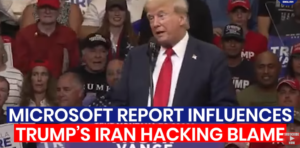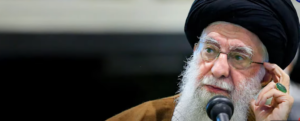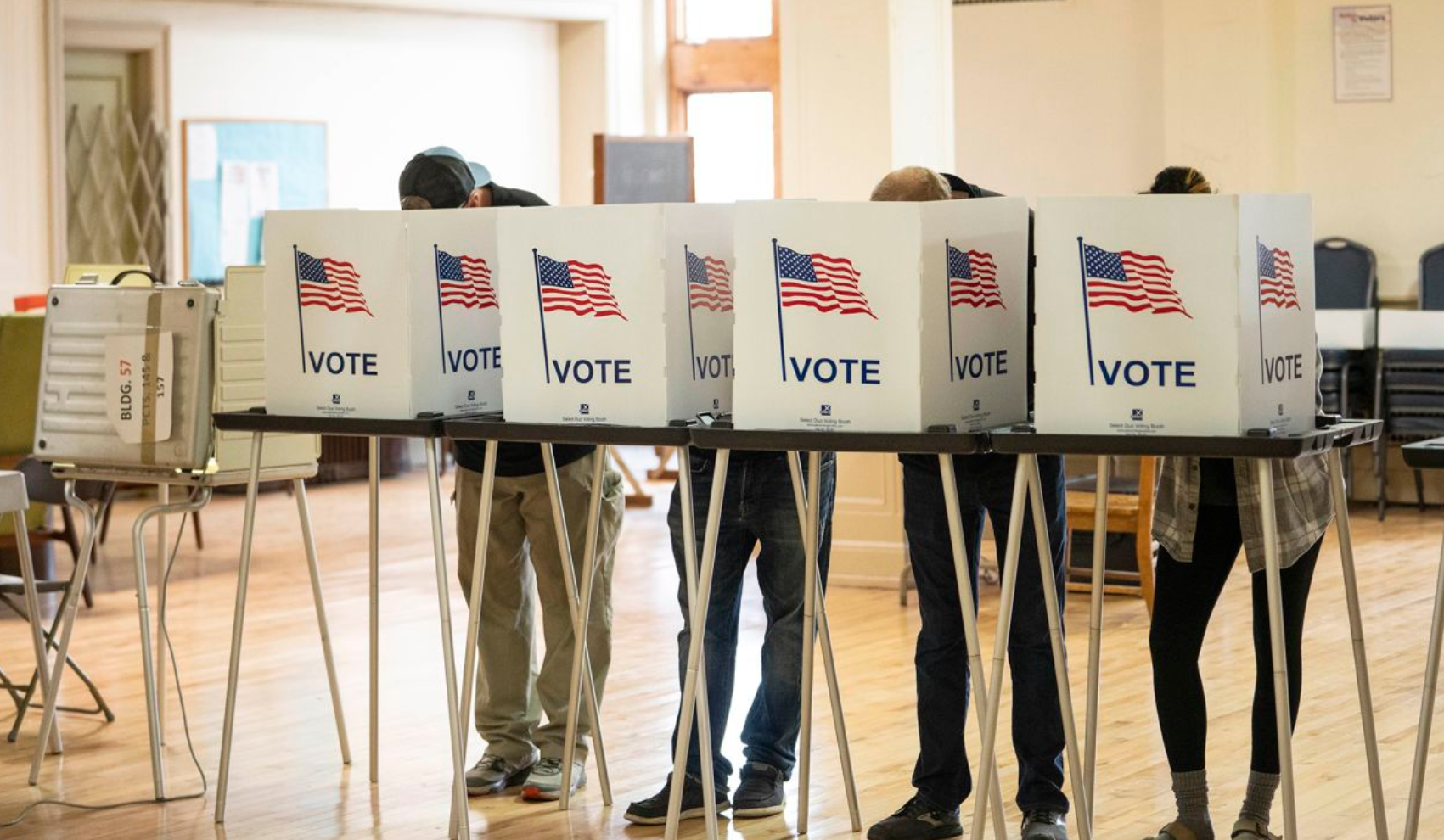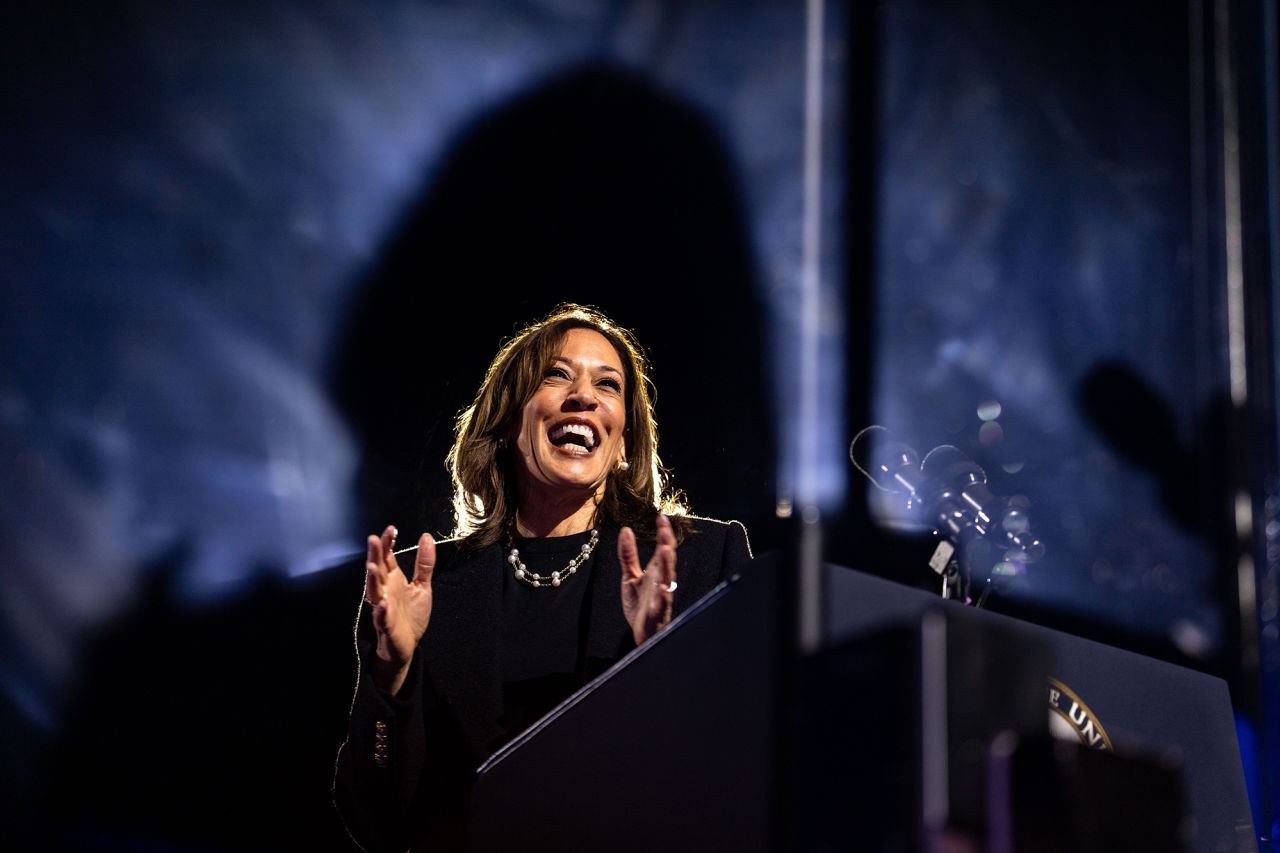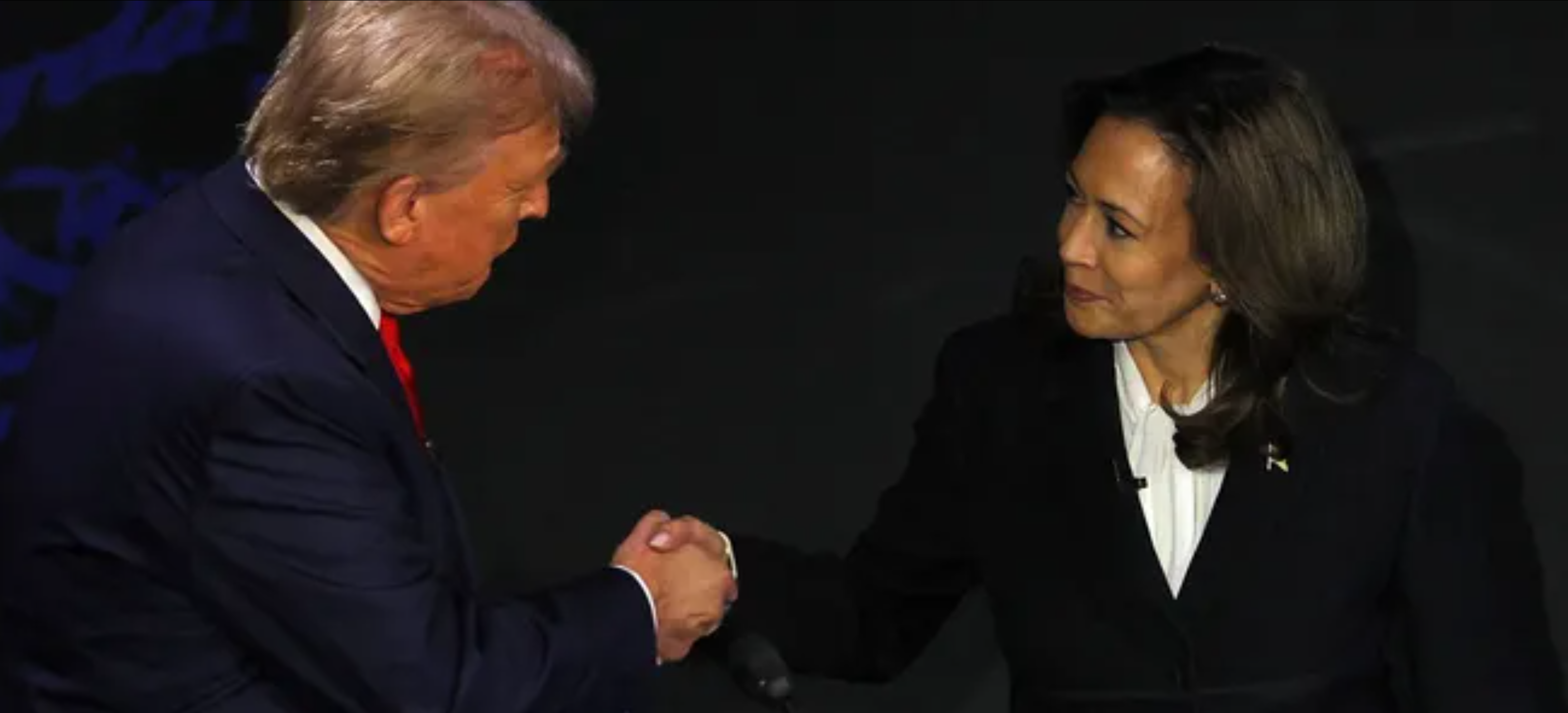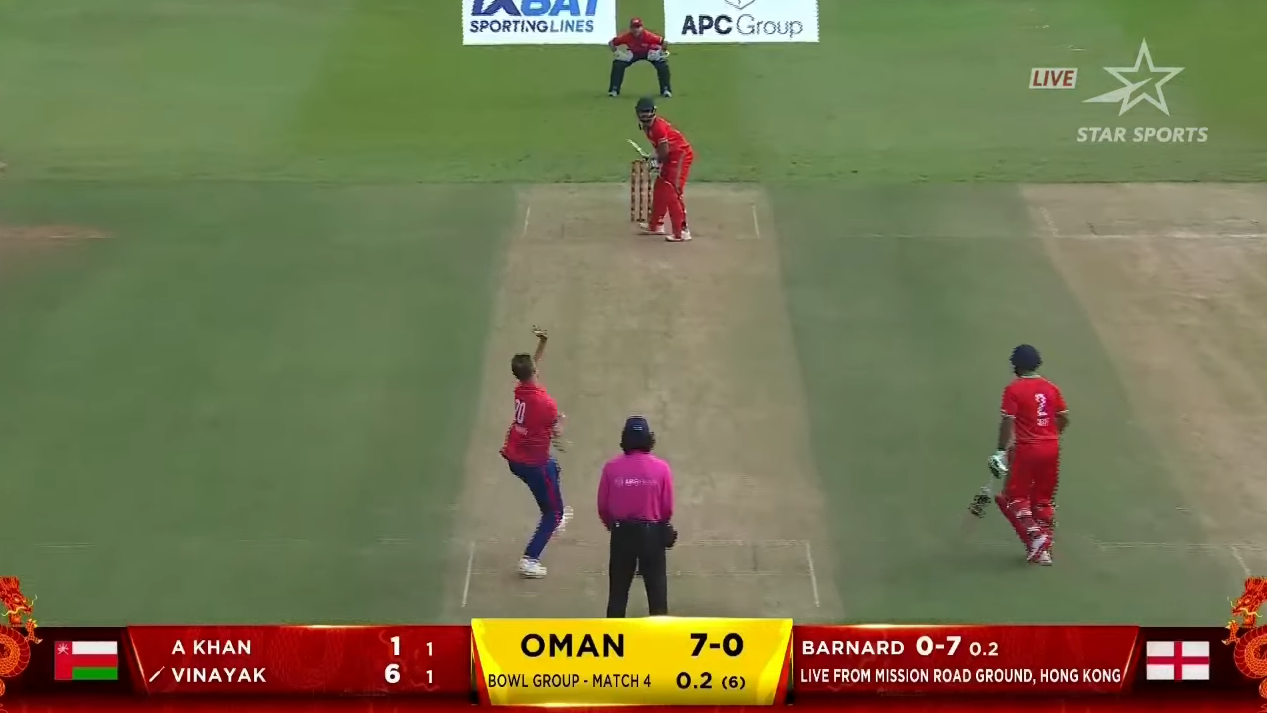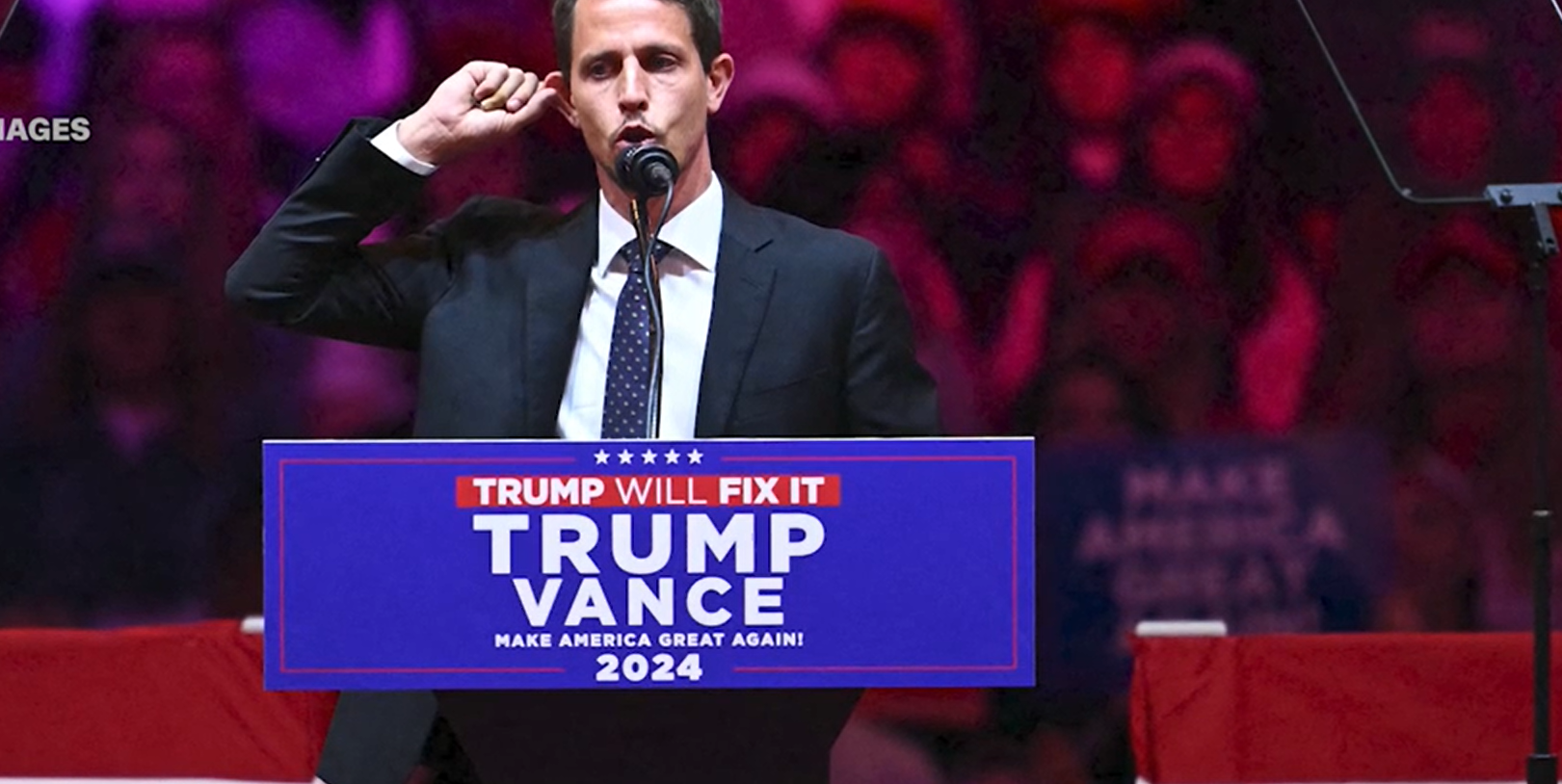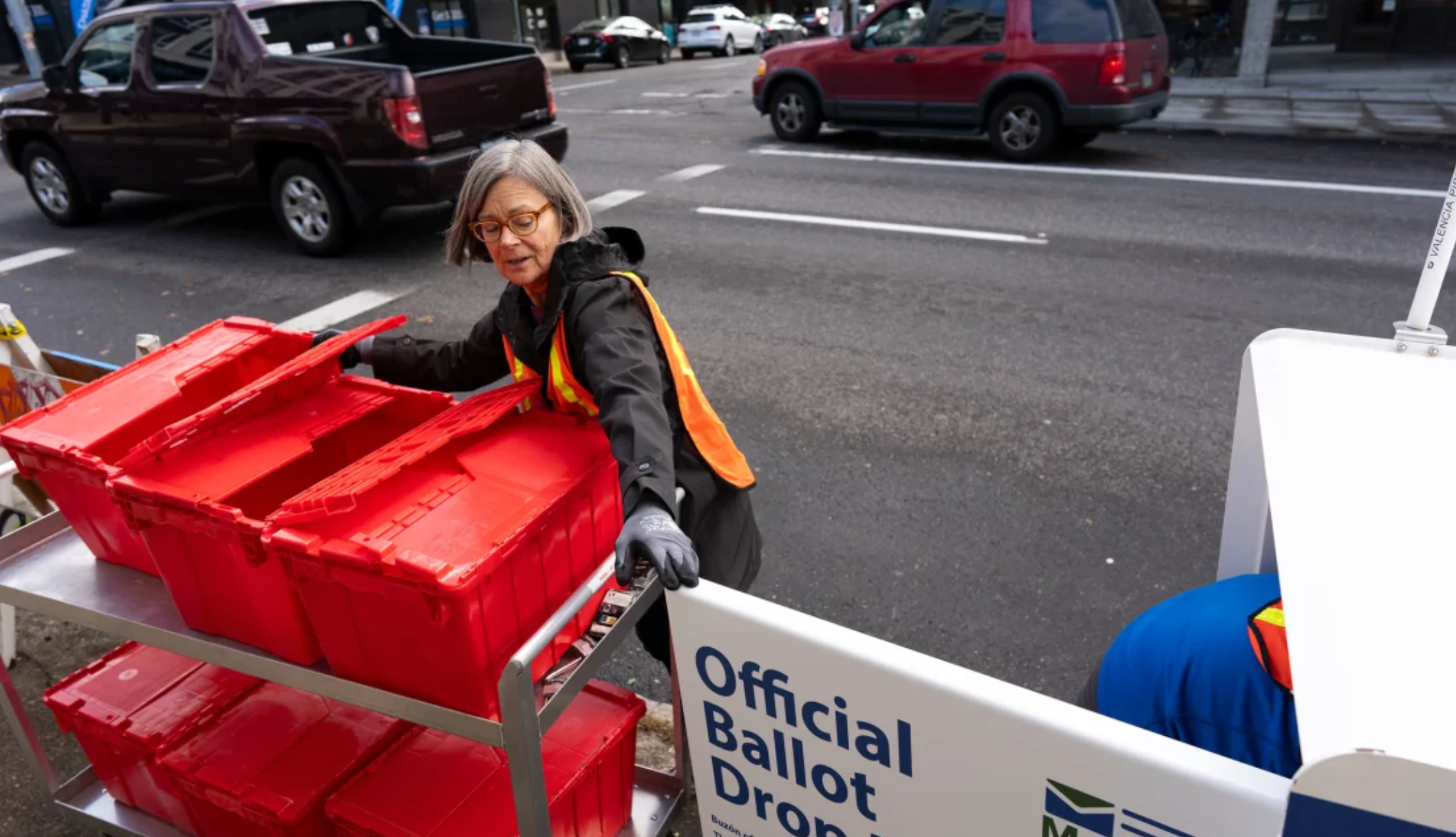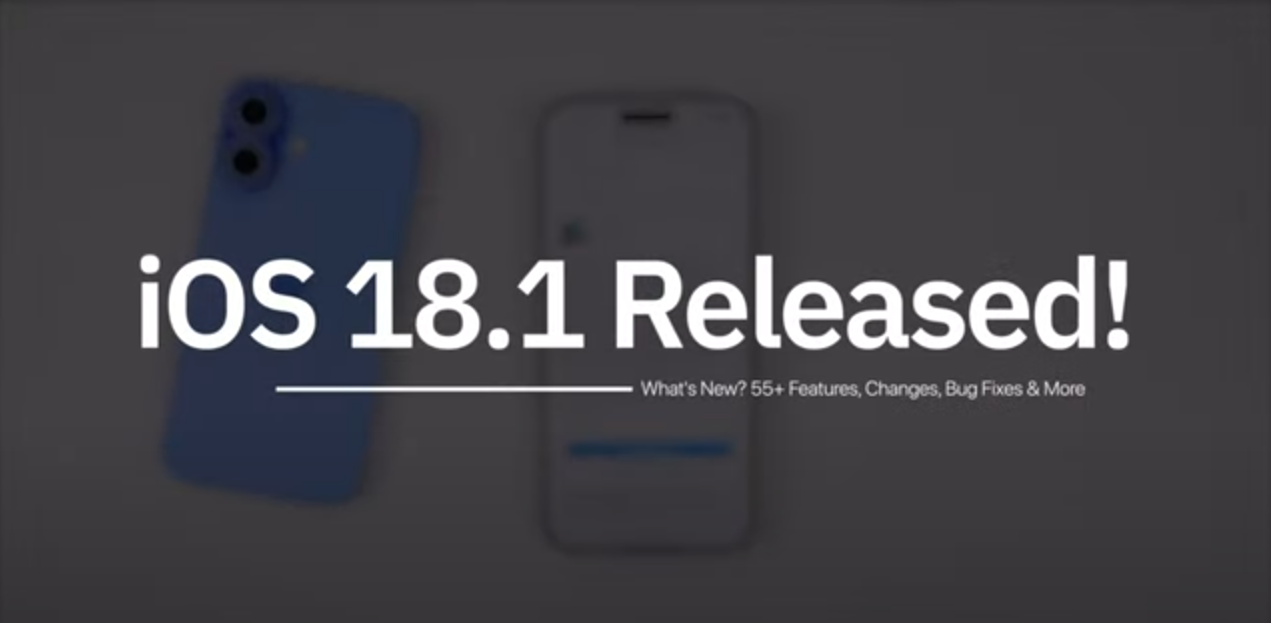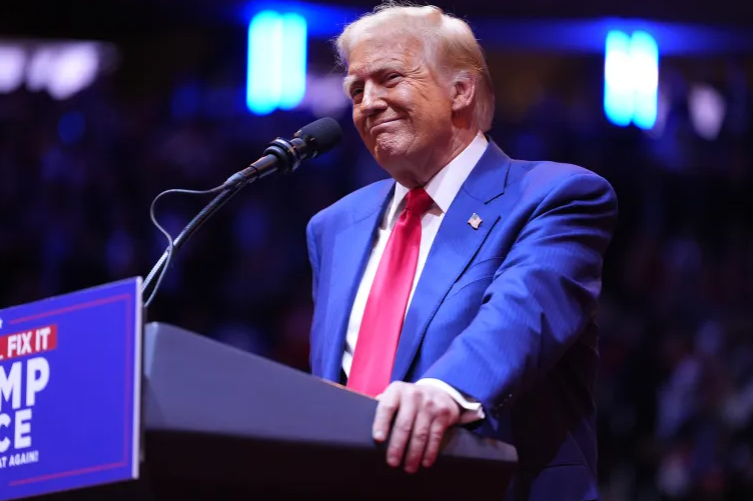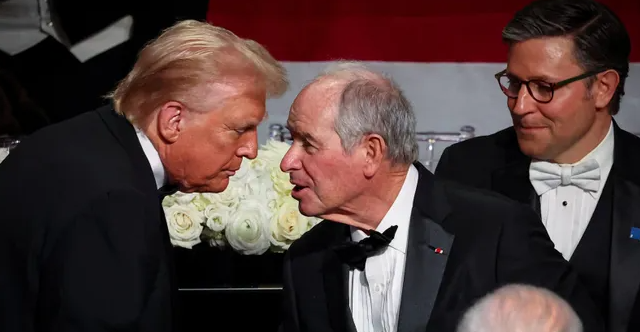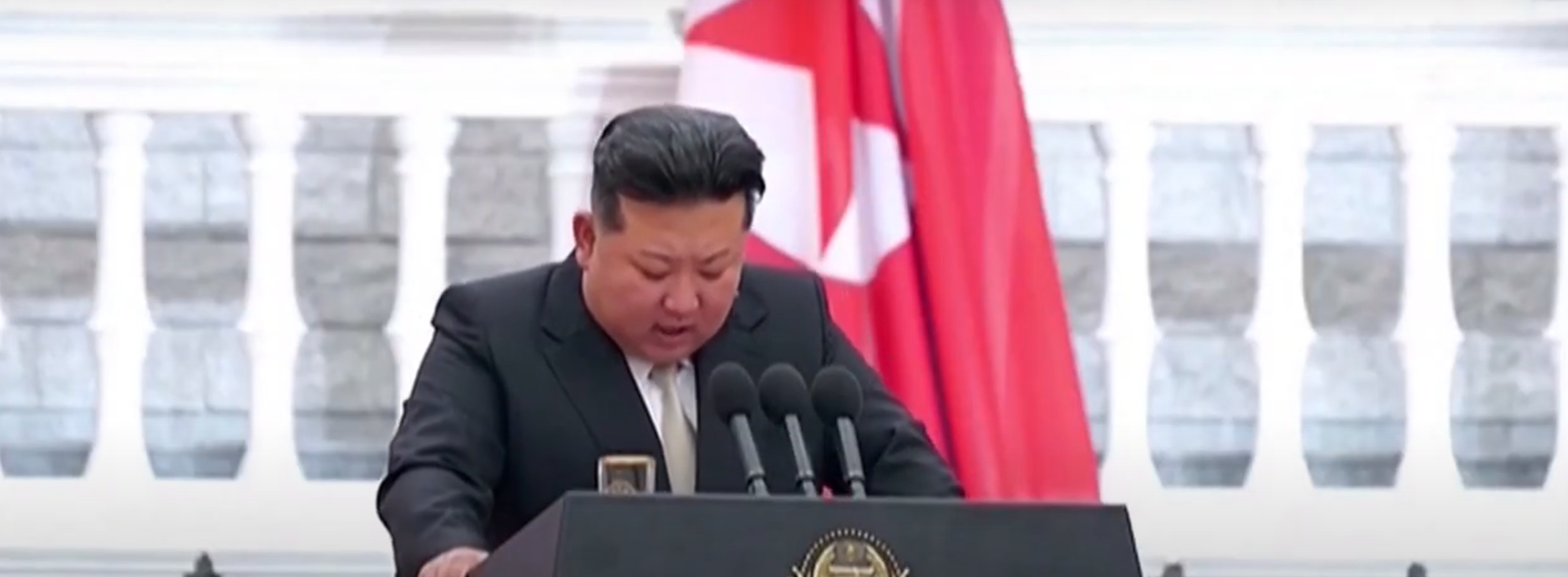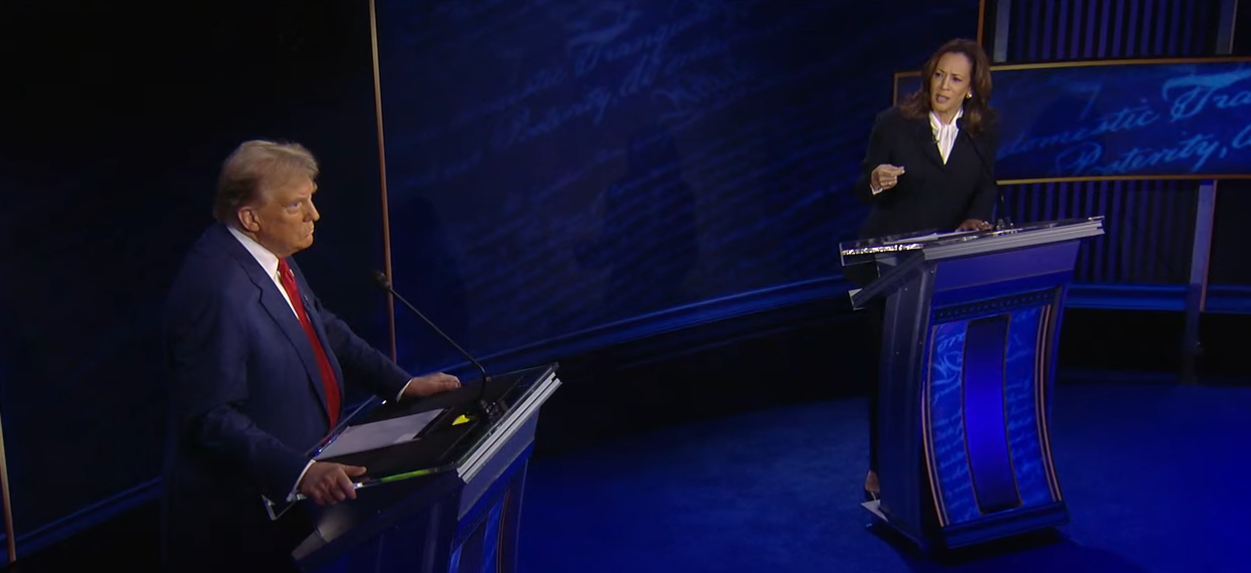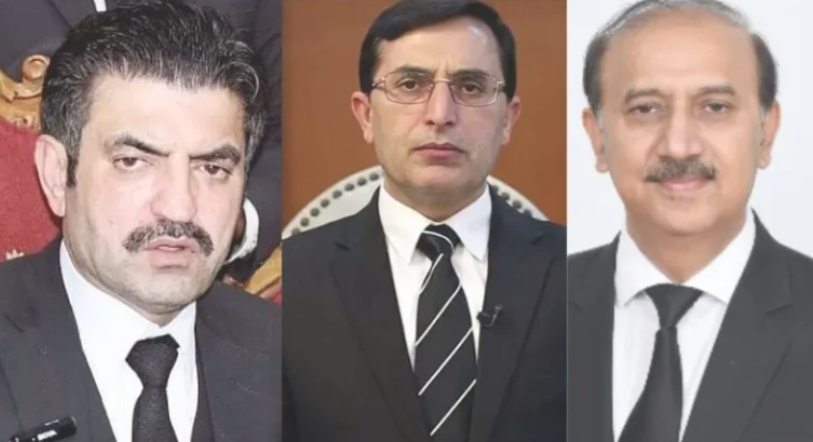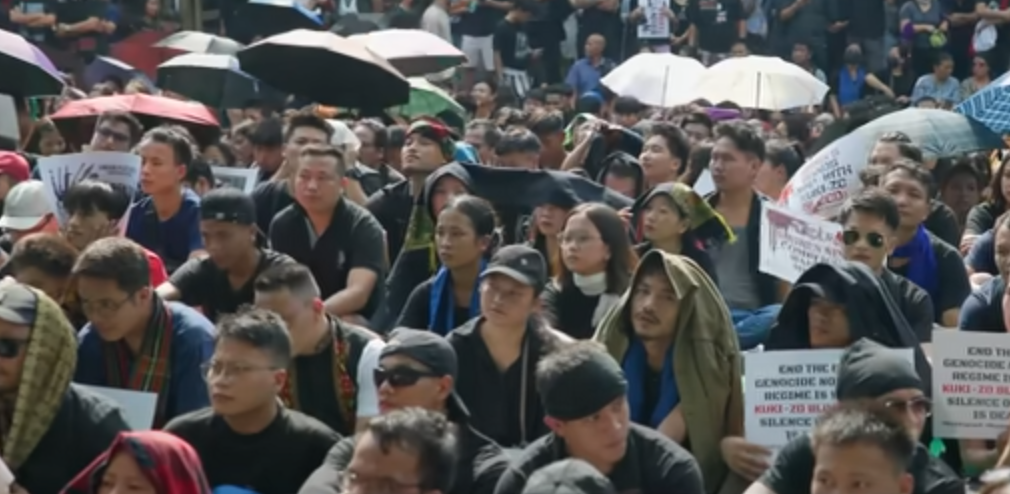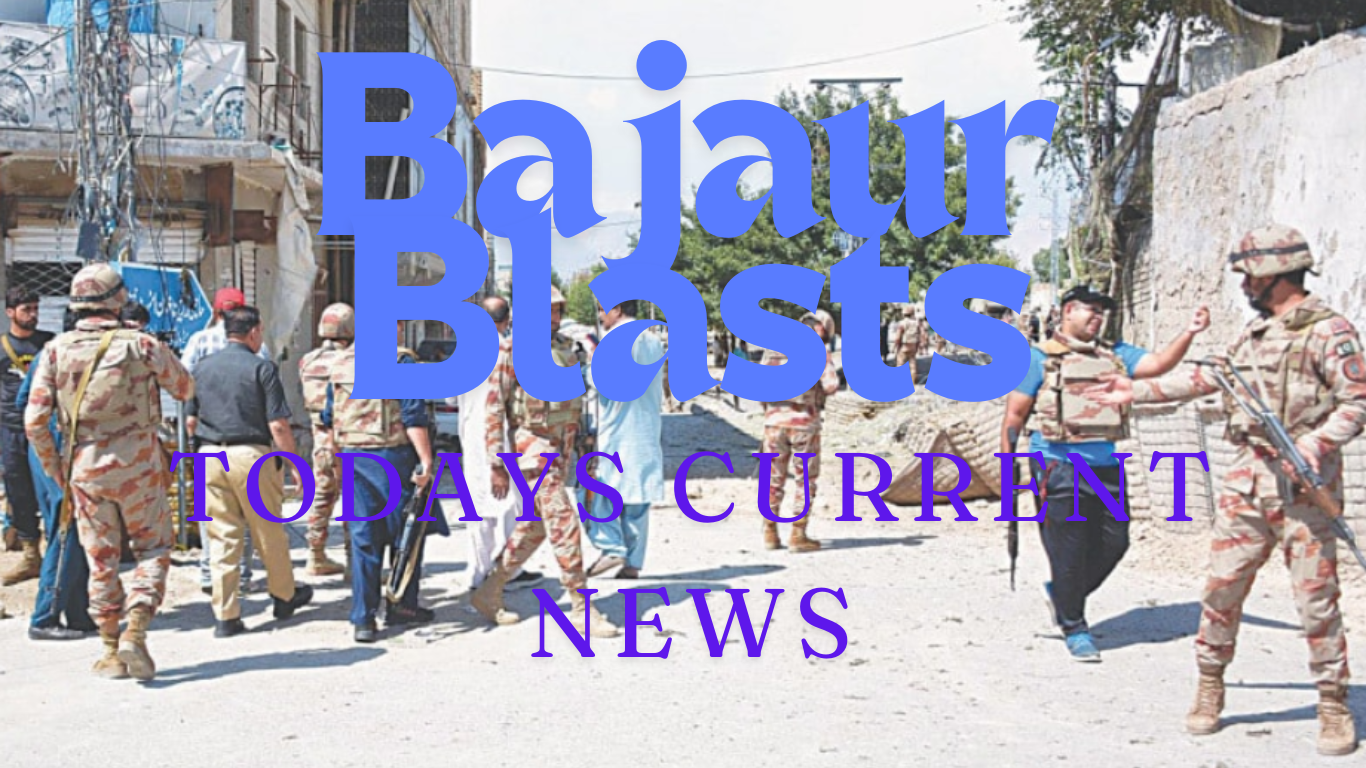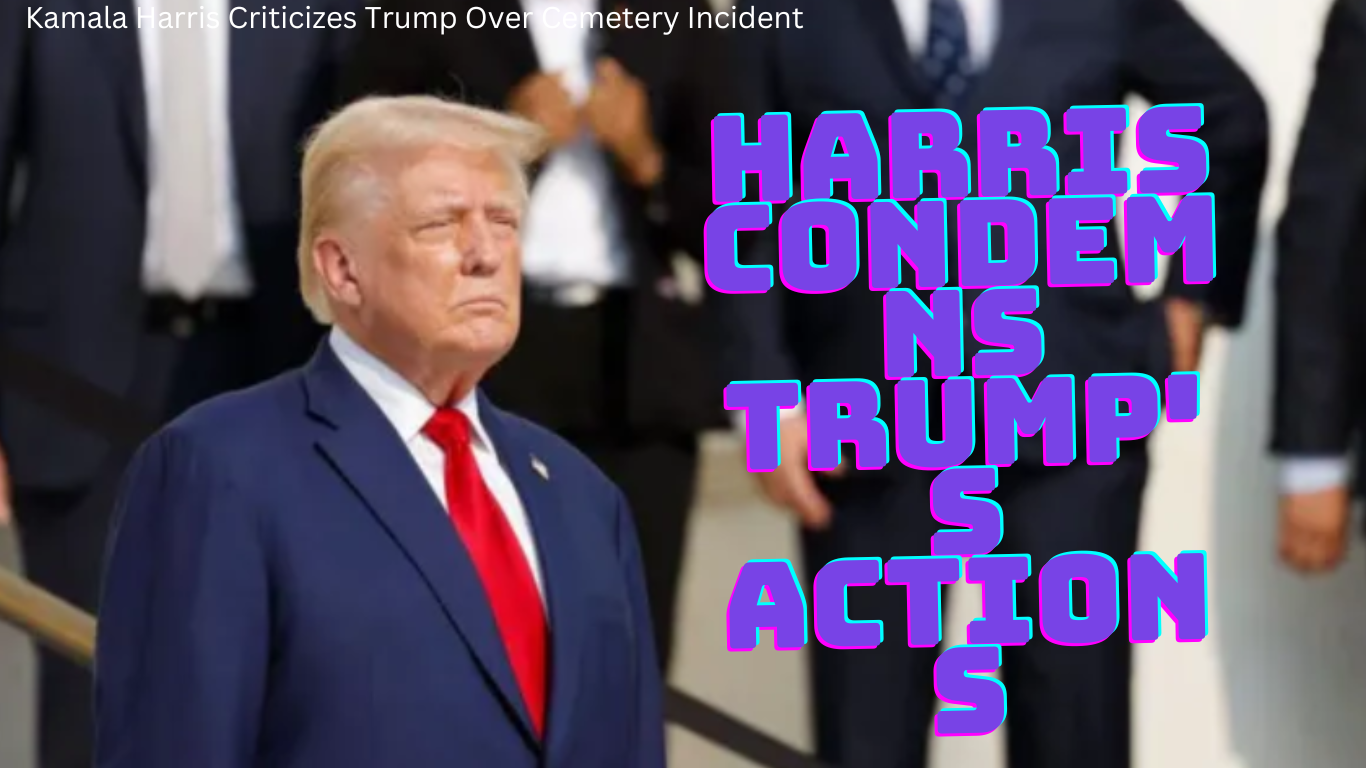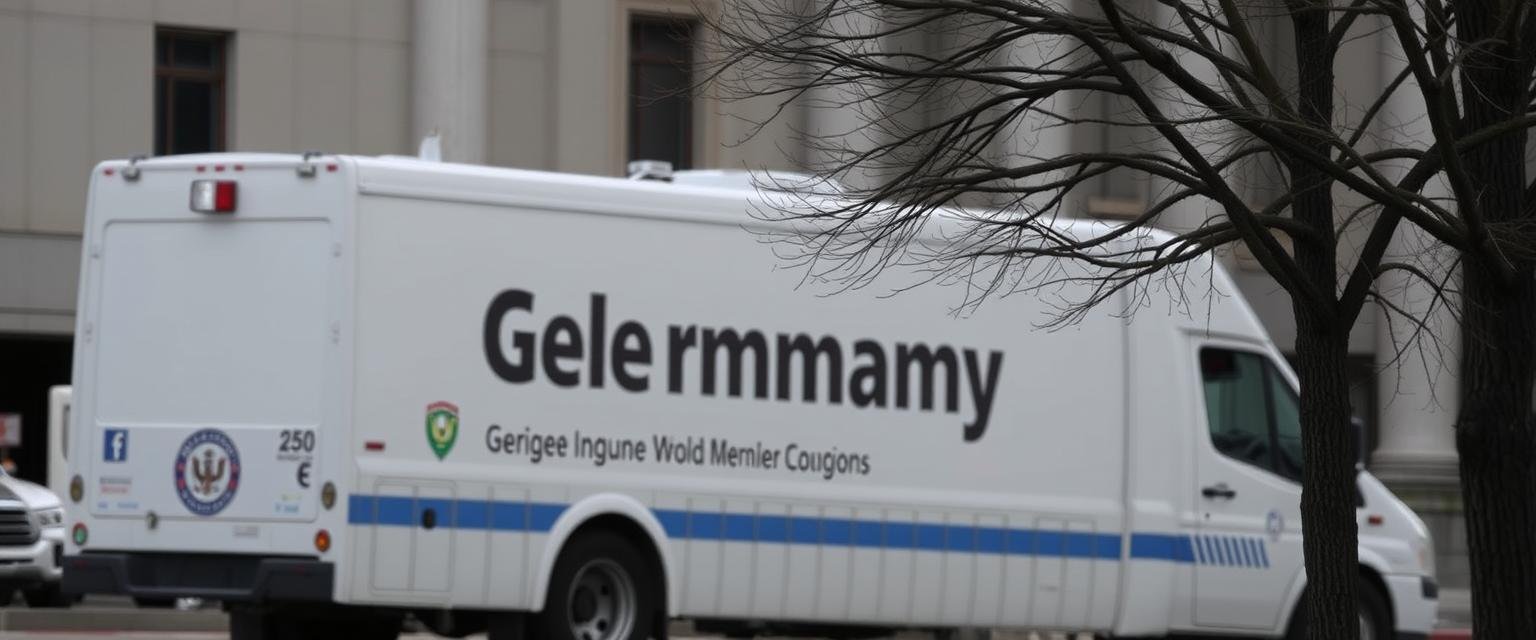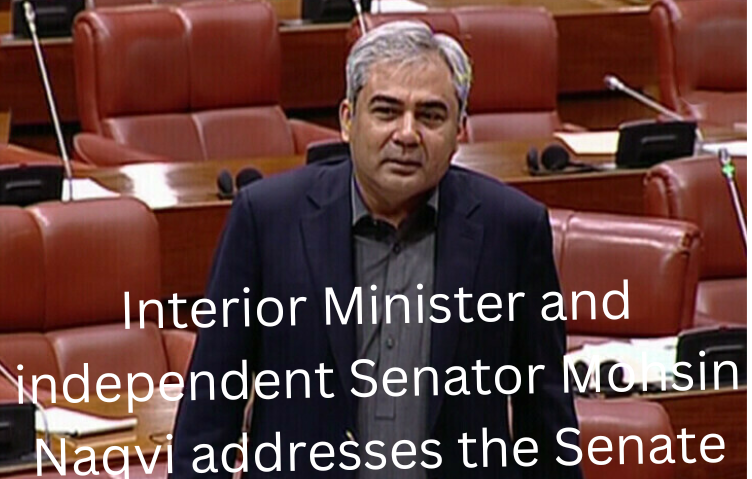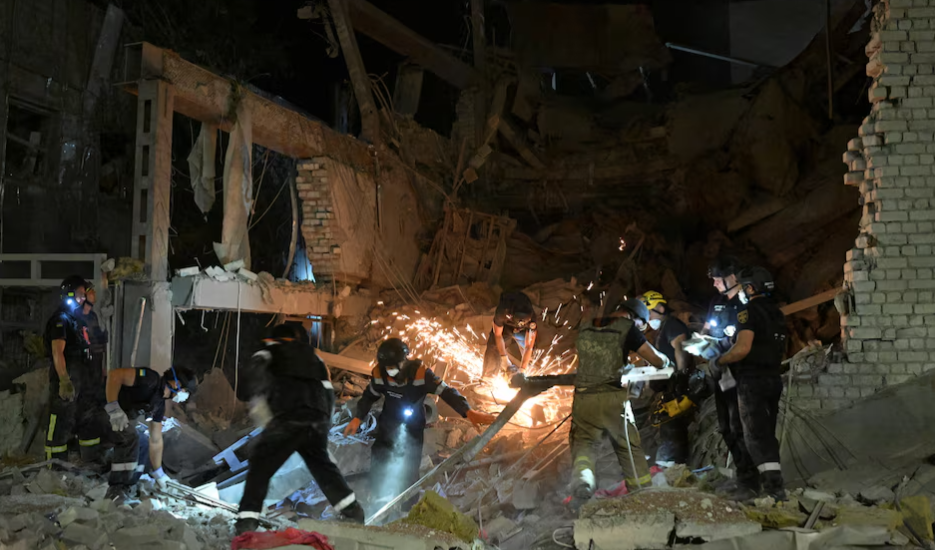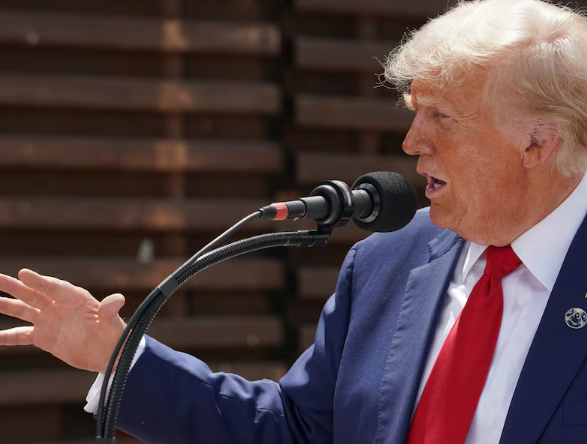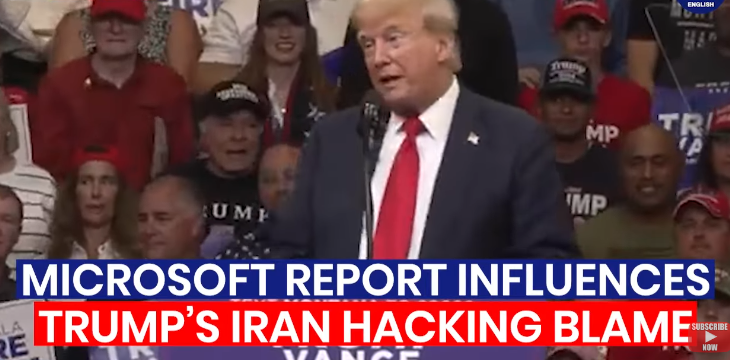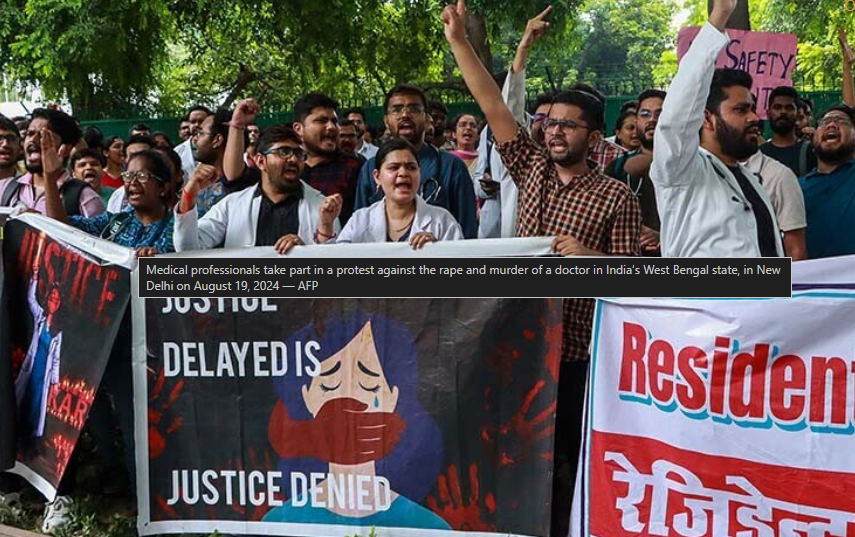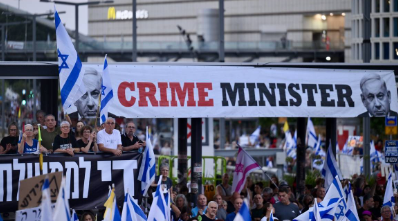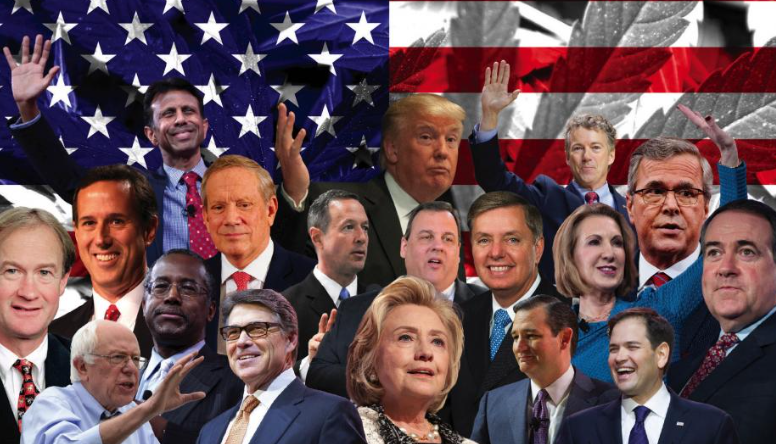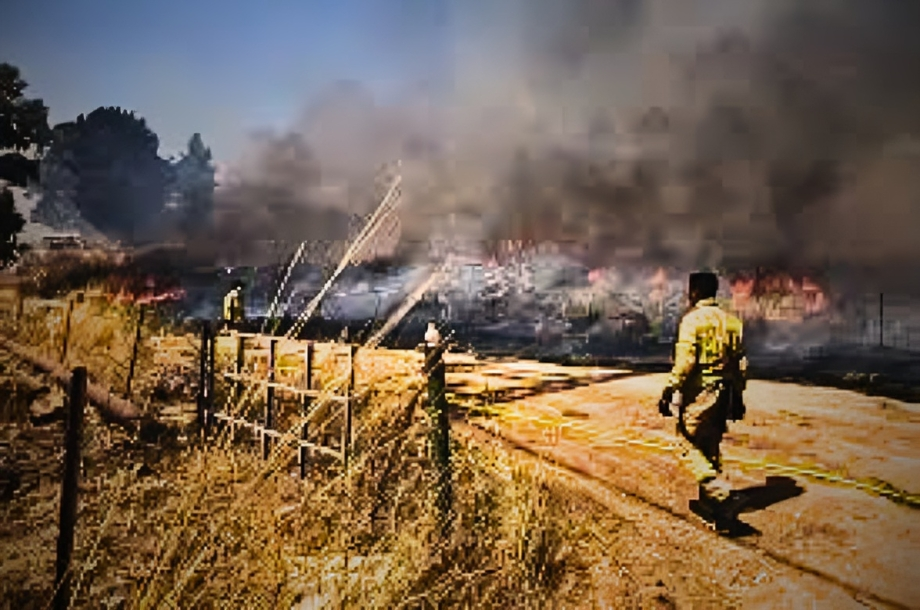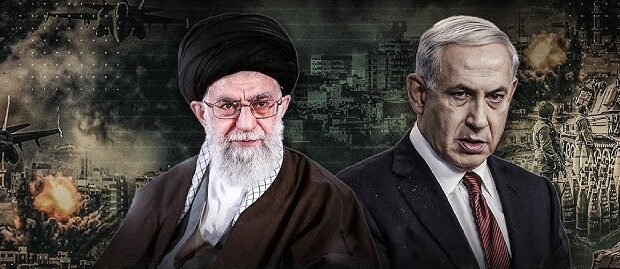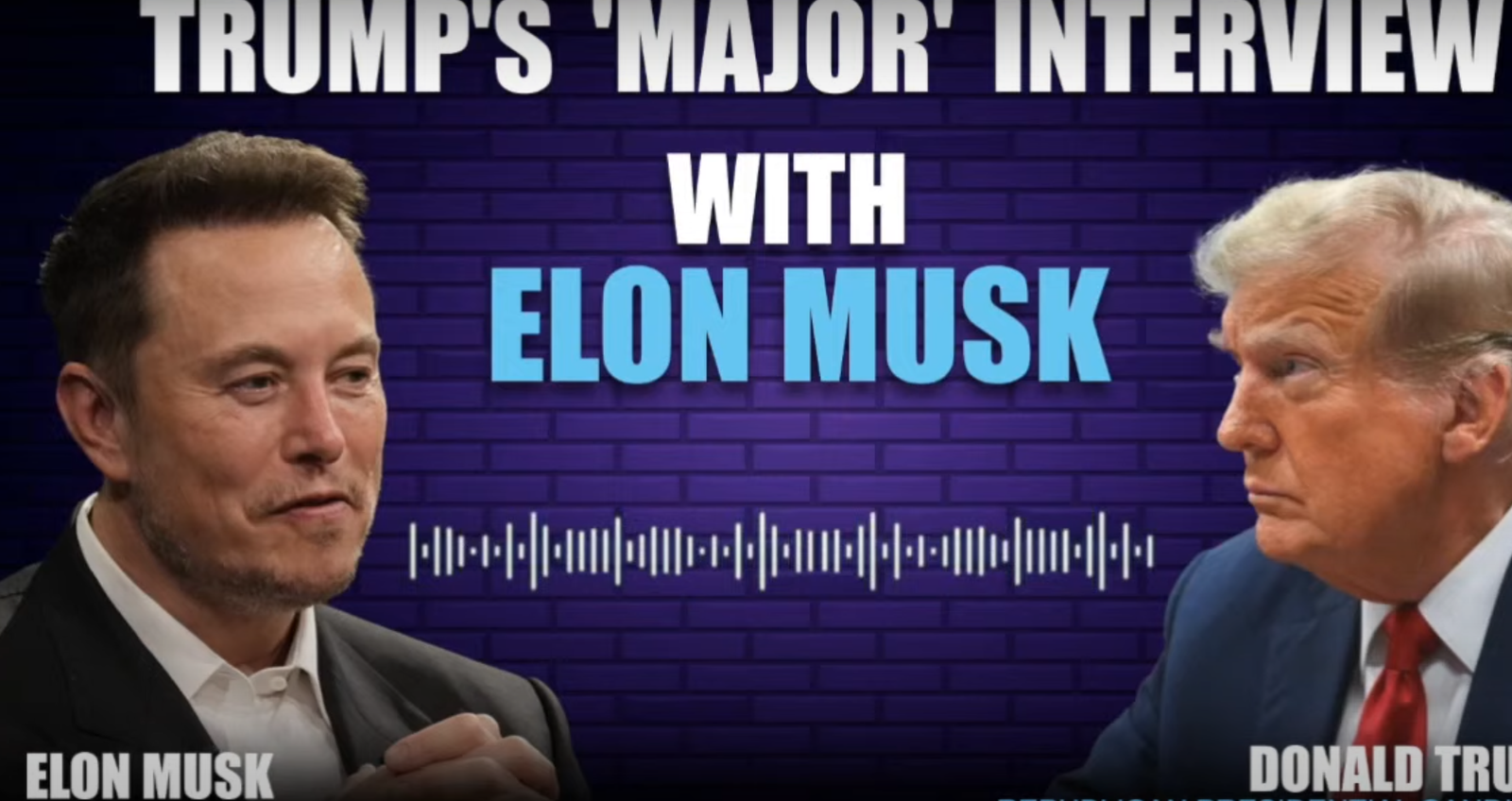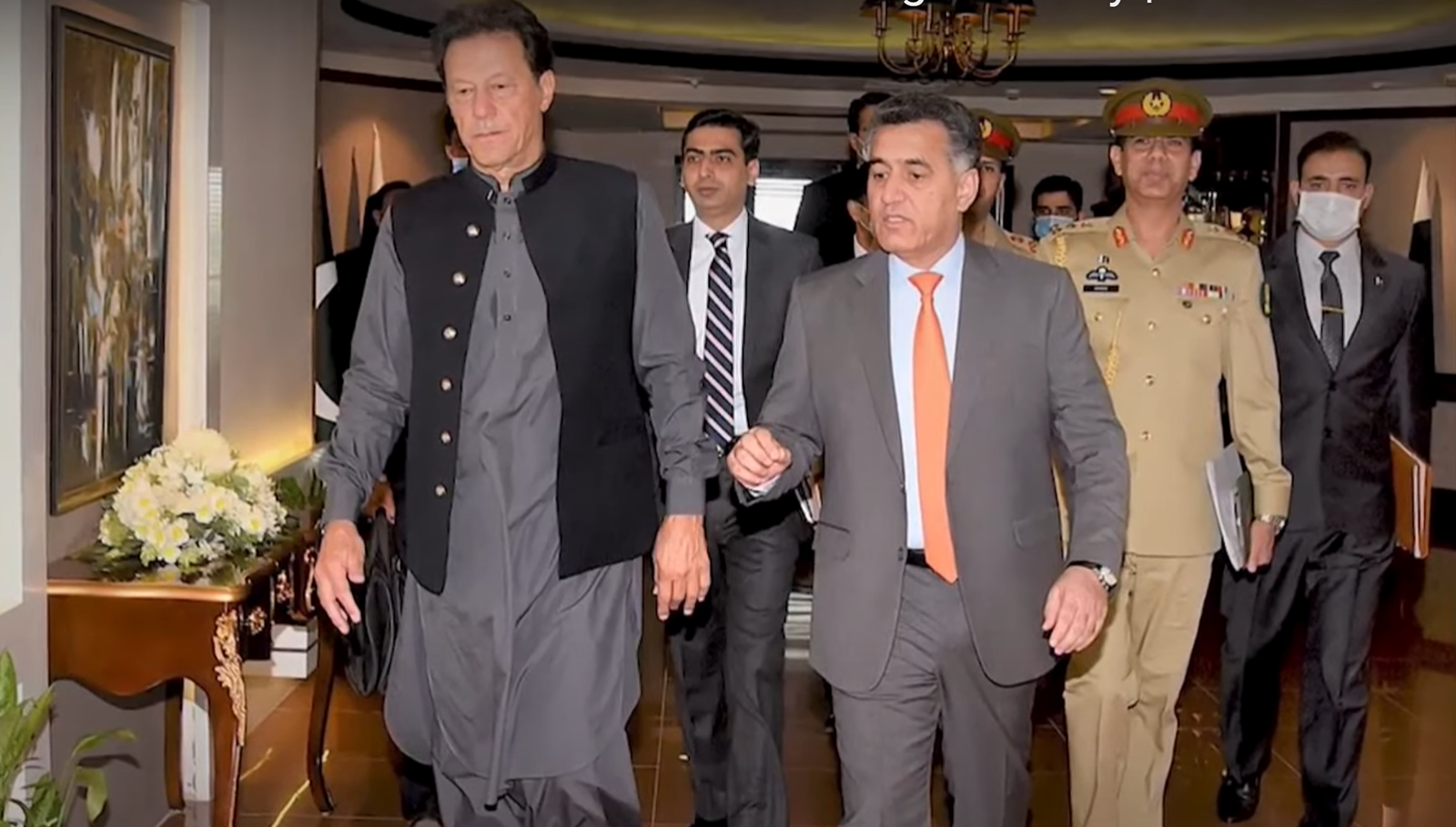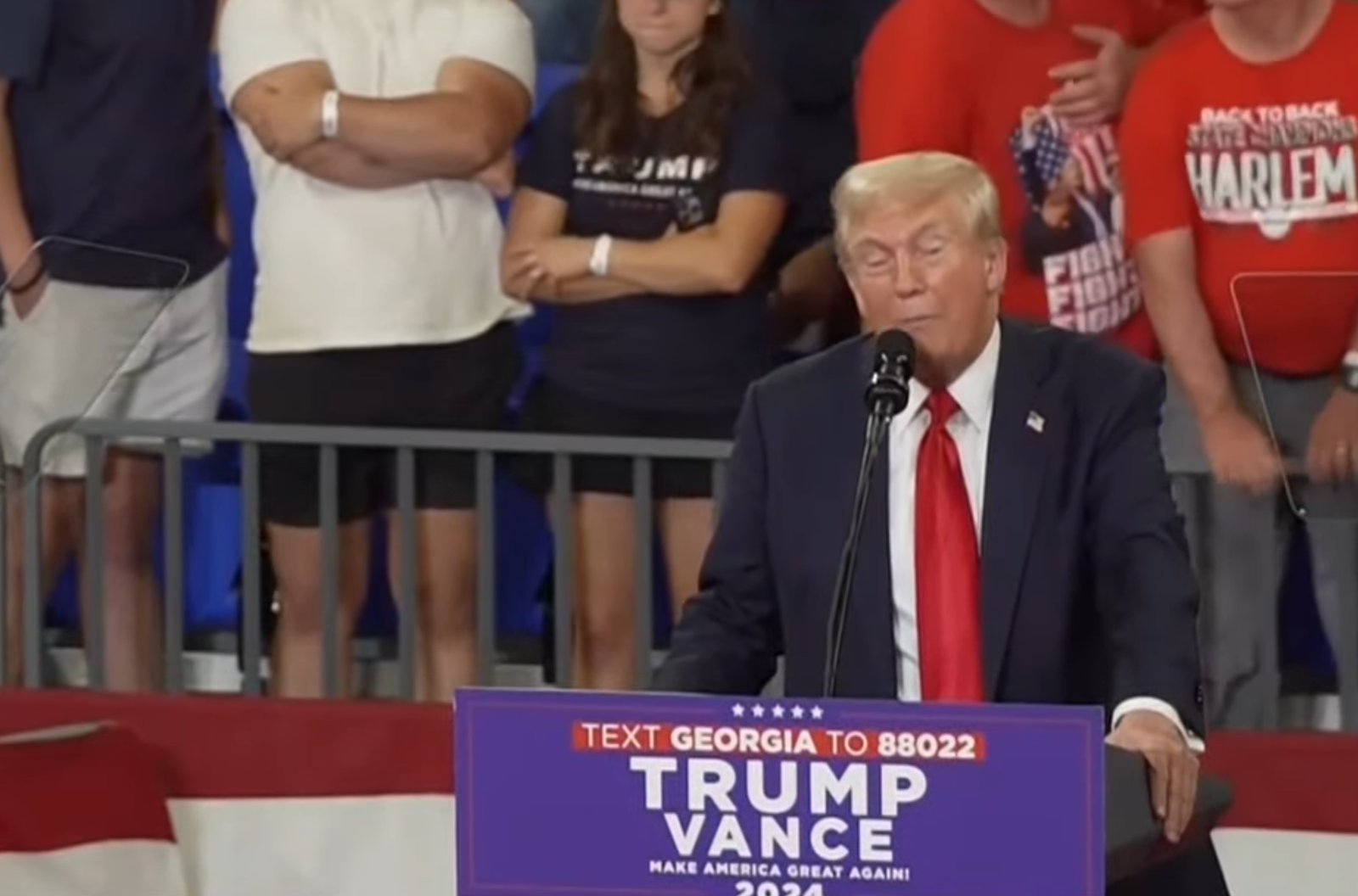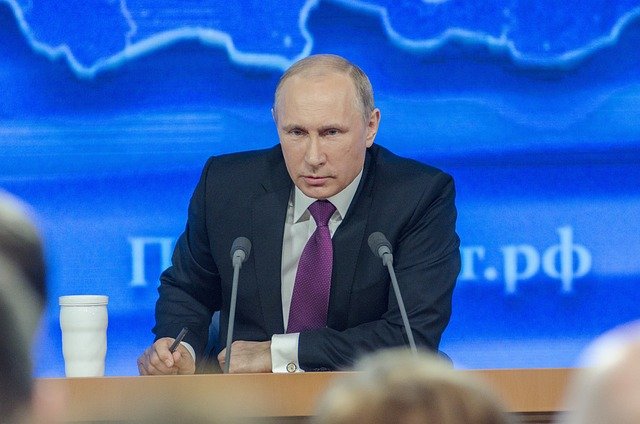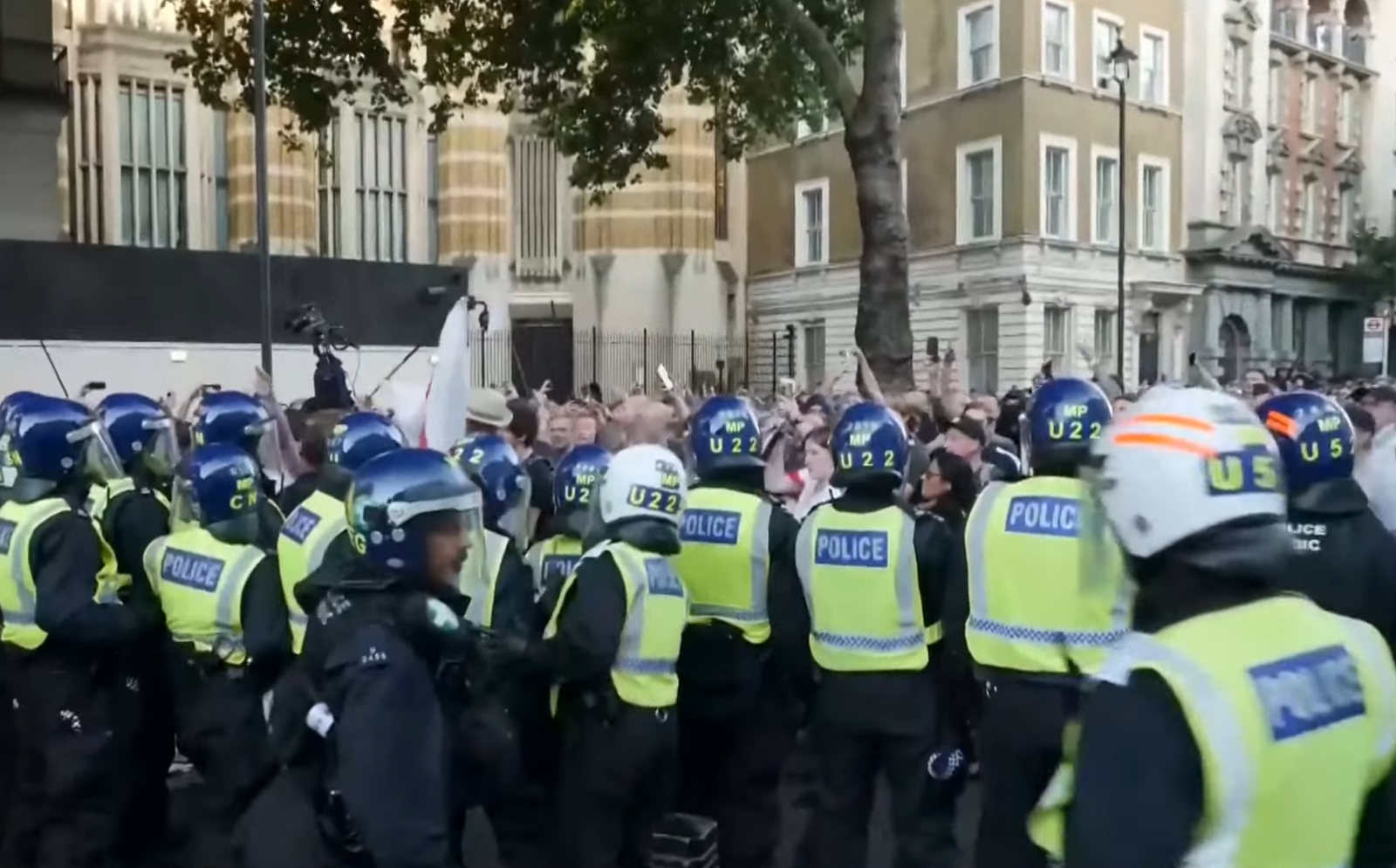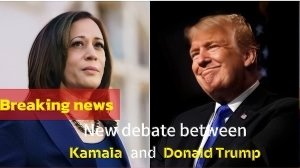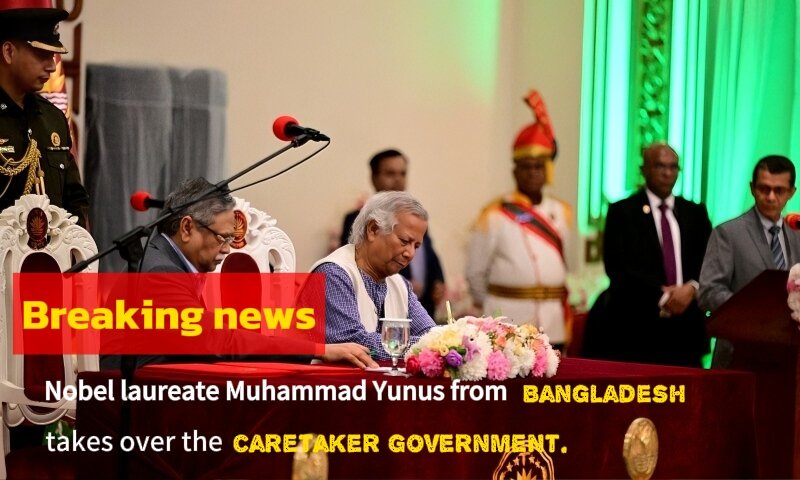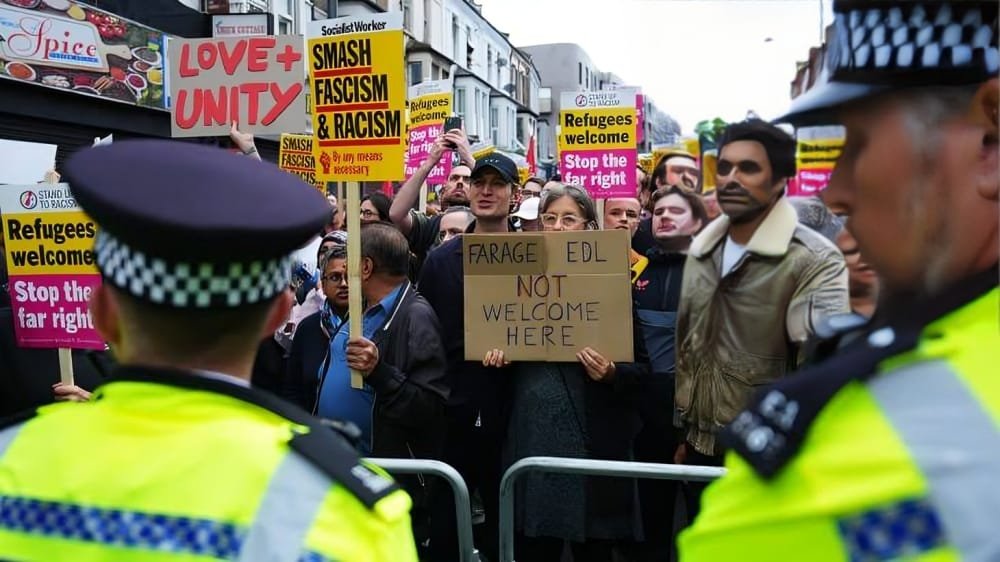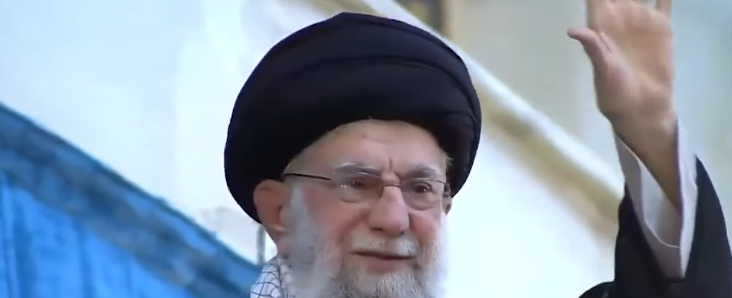
Iran’s permanent mission to the United Nations has recently issued a strong denial regarding allegations made by Washington. These accusations, which claim that Tehran is attempting to interfere in the upcoming US presidential election, have been described as unfounded by the Iranian mission. This article delves into the recent developments, the statements made by both sides, and the implications of these accusations.
2. Washington’s Allegations
On Monday, the Federal Bureau of Investigation (FBI), alongside other intelligence agencies, accused Iran of attempting to hack into the former US President Donald Trump’s campaign as well as the Joe Biden-Kamala Harris campaign. These allegations suggest that Iran is trying to influence the outcome of the upcoming US presidential election by targeting key political figures through cyber attacks.
3. Iran’s Response
In response to these allegations, Iran’s permanent mission to the UN issued a statement categorically denying any involvement in US election interference. The mission criticized the accusations as unsubstantiated and without merit, urging the US government to provide any evidence they might have to support their claims. Iran reiterated that it has no interest or motive to meddle in US elections.
4. The Call for Evidence
Iran’s mission to the UN has openly challenged the US government to present any evidence that might substantiate the claims made by Washington. The statement emphasized that, should any credible evidence be provided, Iran would be ready to respond accordingly. This call for transparency is a significant aspect of Iran’s defense, as it positions the burden of proof squarely on the US government.
5. Implications and International Relations
The accusations and the subsequent denial have significant implications for US-Iran relations. The allegations could further strain the already tense relations between the two countries, especially in the context of election security. This section would explore how these developments might impact diplomatic ties and the broader geopolitical landscape.
- US Government’s Response
The US government has strongly denied Iran’s claims of election meddling. Top officials from various intelligence agencies, including the FBI and DHS, have stated that there is no evidence to support Iran’s allegations. The US has a robust system in place to safeguard elections, and any foreign interference is taken seriously and countered effectively.
- International Reactions
The international community has also weighed in on Iran’s claims. Many countries have expressed concerns about the potential for foreign interference in the US election, but they also emphasize the need for evidence-based assertions. Iran’s claims are viewed with skepticism, especially considering its strained relationship with the US and its previous attempts at disinformation.
- The Role of Cybersecurity
Cybersecurity plays a crucial role in the context of election integrity. The US has invested heavily in fortifying its election infrastructure, making it difficult for foreign actors to meddle. Iran’s claims are seen by experts as part of a broader strategy to undermine confidence in the electoral process rather than a genuine threat.
Iran’s claims of meddling in the US presidential election have been met with strong denials from US officials. While the allegations have raised concerns, the consensus among experts is that these claims are more about creating doubt than reflecting reality.
In the runup to the 2020 presidential election, then-Director of National Intelligence John Ratcliffe said Iran was working to “damage” Donald Trump’s reelection efforts. And during the 2016 presidential race,
This activity demonstrates the growing intent of Iranians to exploit our online platforms in support of their own objectives,” officials warned on Monday.


